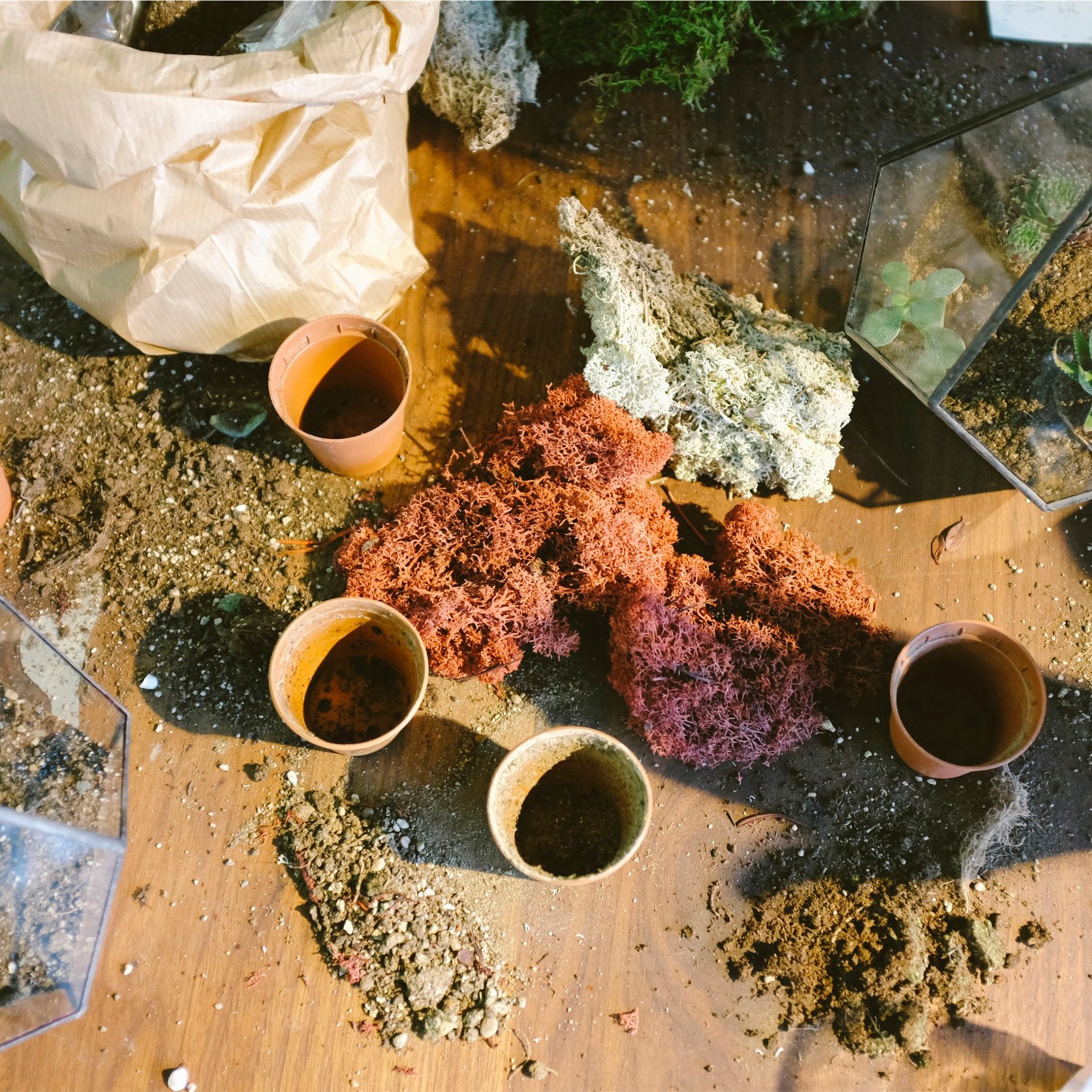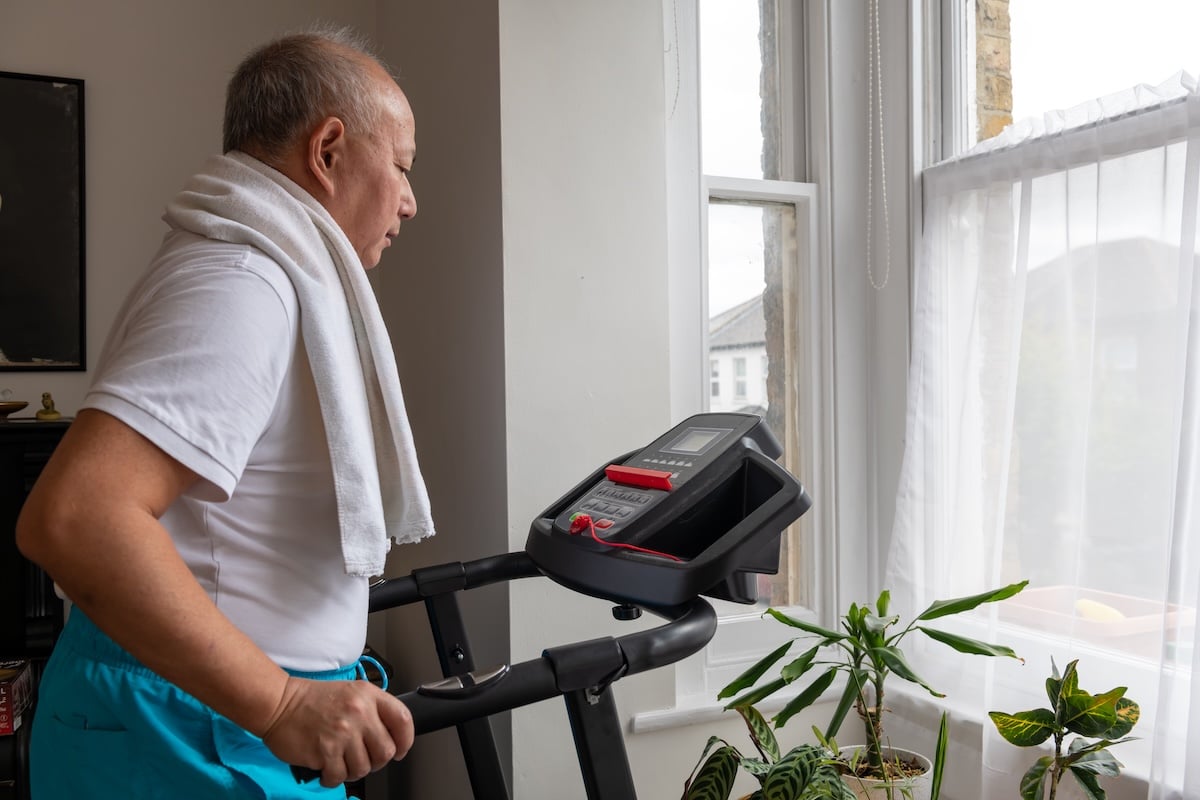The average retired American has 8 hours of leisure time every day. So how do we spend it? According to the Bureau of Labor Statistics, we spend more than half of it watching TV. Research from the Bureau of Labor Statistics also found that, older aged 75 and over spent more time than any other age group —eight hours a day — engaged in leisure activities.
These days, it can seem like having a hobby is a real rarity. After all, everyone is so busy, right? But whether you’re busy with your career, spending time enjoying your retirement or engaging in some other activities, there is evidence to show that making time for a hobby can have positive benefits. See how hobbies can improve your health and much more in this free guide >>
Did you know having a hobby can help you better cope with stress, establish new social connections, boost your mood and improve flow?
What hobby should you choose?
Check out these 15 hobbies for older adults to try:
-
Plant a garden.
-
Learn to refinish wood and fix up old pieces of furniture.
-
Take up acting or another kind of performance art. Acting or performing can help improve attention span, memory, problem solving and serve as an emotional release,
-
Take up photography with a group of friends. With digital photography you can do amazing things without a big investment.
-
Try knitting. While it might not seem like it, this serene hobby can have several relaxing benefits including lowering stress levels, heart rate and blood pressure. Join a crafting group for added intellectual stimulation and social interaction.
-
Learn to decorate cakes and become the cupcake queen or take culinary classes, offered at many community colleges, and become the cooking king!
-
Join a writer's group and try your hand at poetry or romance novels.
-
Build model cars or tri-masted ships with lots of rigging or motorized helicopters.
-
Delve into your family history. Today, most libraries have extensive genealogy departments. Or spend time looking up your history online. Have fun turning those boxes of pictures you've been storing into handsome scrapbooks for your children and grandchildren.
-
Write your memories. Add some photos and turn it into a keepsake book for your children. Other forms of writing, like journaling, can help reduce stress and boost your mood.
-
Paint. An excellent creative outlet, painting has been shown to help with goal setting, self expression and positivity.
-
Learn to play a musical instrument. The benefits of music can have no bounds. While simply listening to music can reduce stress and pain, playing an instrument can engage multiple senses and help preserve brain function.
-
Meditate. It might not seem like a hobby, but taking time to meditate everyday can help lower blood pressure, reduce stress and boost your immune system.
-
Mentor a child through the Big Brothers and Big Sisters program
-
Read. Grab a few new books at your library, book store or tablet. Reading can improve your comprehension and boost your vocabulary and brain power.
How Having a Hobby can Preserve Your Brain Power
Hobbies can help you feel happier and healthier. Not only that, learning the new skills that come with a hobby can improve your thinking ability. According to the National Institutes on Aging, “older adults who learned quilting or digital photography had more memory improvement than those who only socialized or did less cognitively demanding activities.”
Why does learning new activities help? Scientists think it helps protect the brain by establishing cognitive reserve.
So, whether you’re looking for something to help you destress after work or add value to your retirement, try a new hobby.














